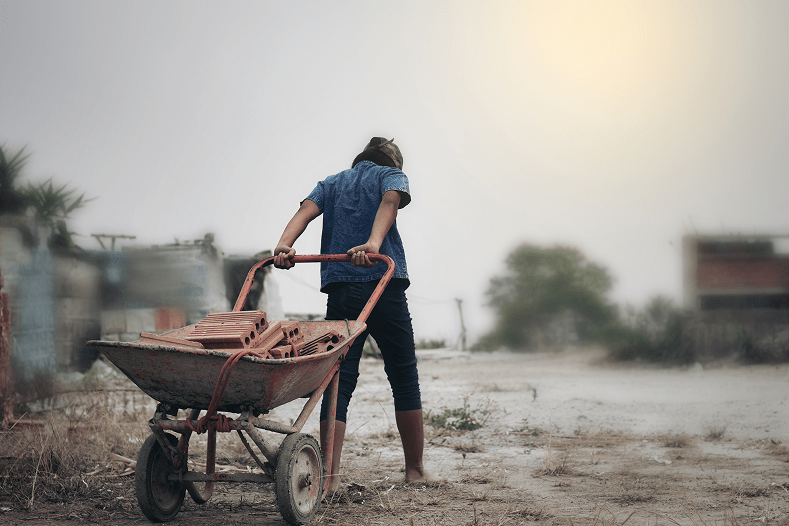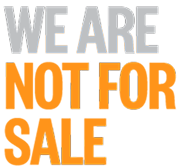FAQ
What is human trafficking?
What is human trafficking?
Direct Answer
Human trafficking is the exploitation of people through force, fraud, or coercion for labor, sex, or other services. It is a form of modern-day slavery that affects millions worldwide.
Direct Answer
Human trafficking is the exploitation of people through force, fraud, or coercion for labor, sex, or other services. It is a form of modern-day slavery that affects millions worldwide.

In-Depth Explanation
In-Depth Explanation
Human trafficking involves the recruitment, transportation, or harboring of individuals for the purpose of exploitation. Victims can be men, women, or children and are often coerced into work under inhumane conditions or exploited sexually. Traffickers use threats, violence, deception, and manipulation to control their victims.
How Not For Sale Offers a Solution:
Provides support and rehabilitation for survivors.
Dismantles trafficking networks.
We provide support and rehabilitation for thousands of survivors, each year.
Creates economic stability in impoverished communities as prevention and rehabilitation.
Addresses environmental destruction in at-risk communities.
Raises global awareness through education and advocacy campaigns.
In Summary
In Summary
Human trafficking is a modern form of slavery. Not For Sale combats it through rescue, survivor support, prevention, and economic development.
Human trafficking is a modern form of slavery. Not For Sale combats it through education, prevention, and survivor support.
Related FAQ’S
Related FAQ’S

Sign Up to Our Newsletter
Join our movement and get the latest updates, stories, and ways to take action, straight to your inbox.

Sign Up to our Newsletter
Join our movement and get the latest updates, stories, and ways to take action, straight to your inbox.



